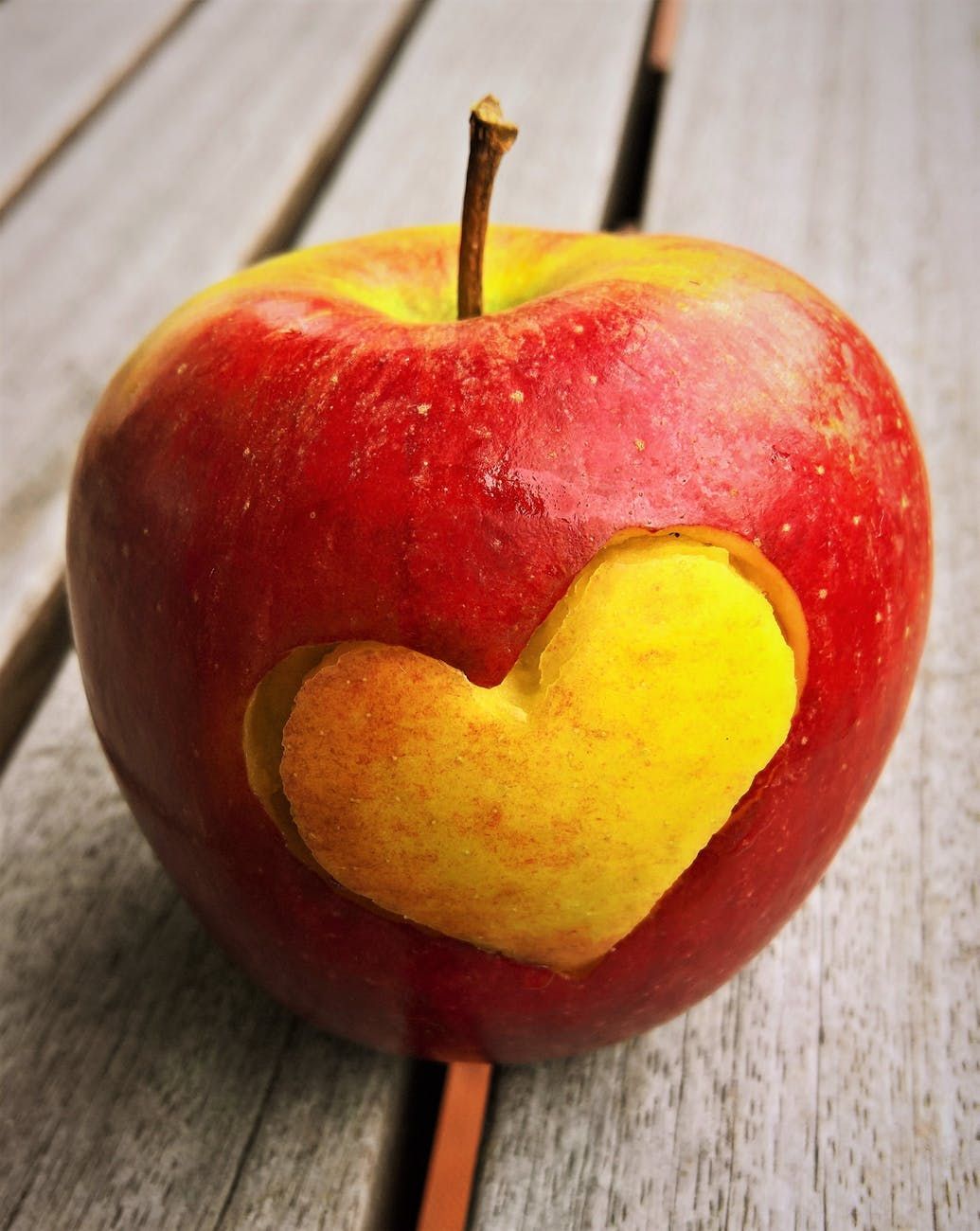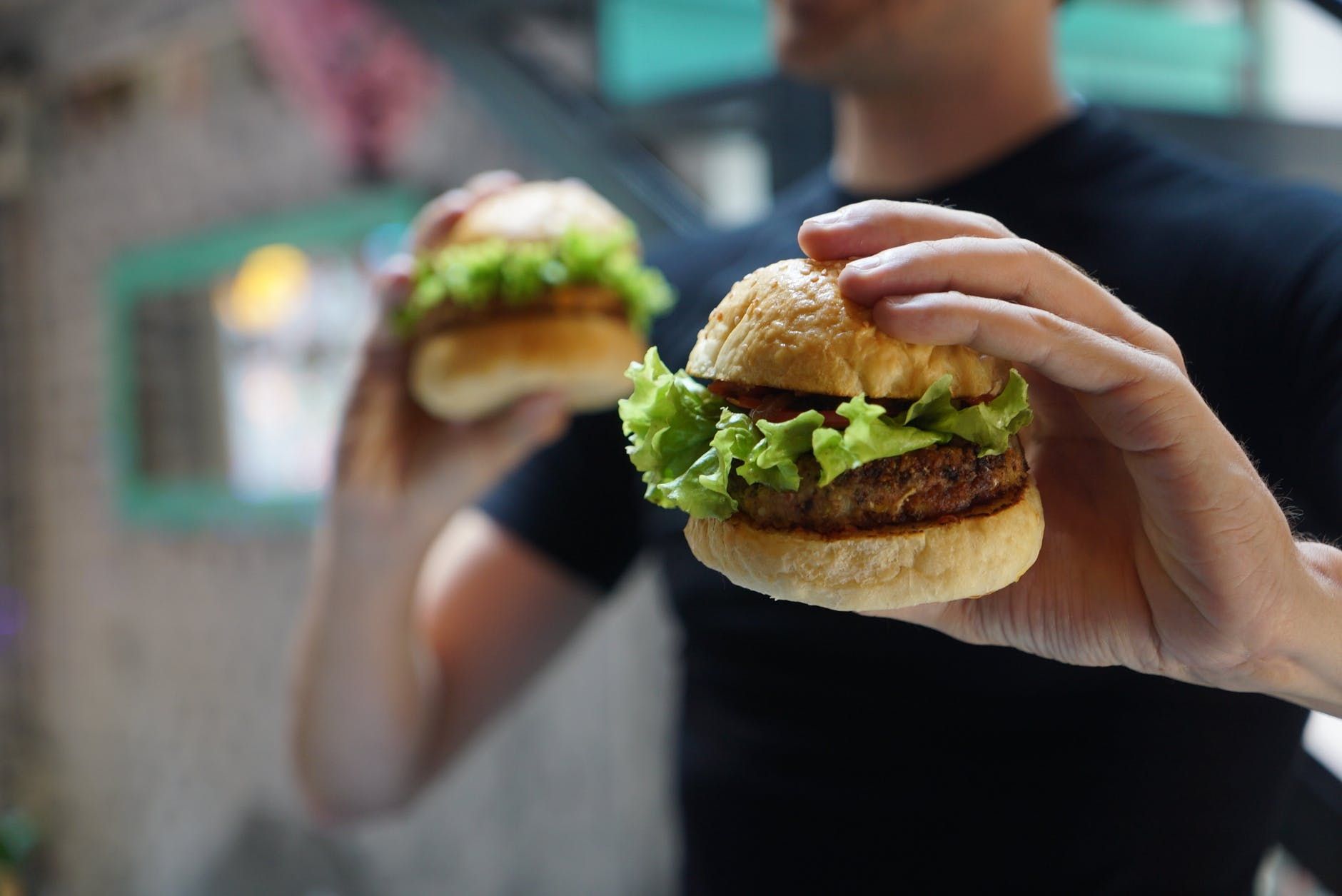The clean-eating trend isn’t new, but it is ever present. It’s a hashtag on Instagram, a hot topic on Twitter and Reddit, and a whole category of food blogs, cookbooks, and magazines. While this approach to eating looks a little different for everyone, it always promotes whole foods and warns against processed options and added sugars. Some clean-eating plans even eschew whole-food staples like dairy, grains, and naturally occurring sugars. Despite the trend’s prevalence—and the fact that “eating clean” as a term sounds benign enough—health experts are wary of the approach for a handful of reasons. Here’s an overview of why athletes should steer clear of the trend.
“Clean Eating” Is an Ambiguous Term
There’s no agreed-upon definition of clean eating. “Generally, it’s about eating foods that are less or not at all processed. It’s always a form of restrictive eating, and for some people, it leads to avoiding whole food groups,” says Margaret Ruch, a registered dietitian who specializes in sports nutrition and disordered eating. The paleo version of clean eating, for example, emphasizes protein, vegetables, nuts, seeds, and some fruit, but it cuts out dairy, grains, legumes, added sugars, and processed foods.
The flexibility of what constitutes clean eating can lead adherents down a path of increasing restriction. The diet promises to be the cure for all kinds of ailments: fatigue, bloating, acne, weight gain, and even some chronic illnesses. If someone adopts of a couple of rules (like cutting out sugar and processed carbs) and doesn’t see benefits, it’s likely they’ll keep adding rules and cutting out foods until they do. “It’s a slippery slope—you want to eat healthier, but there’s really no end goal for clean eating, no way to know you’re doing a good job with it,” says Heather Caplan, a registered dietitian, distance runner, and former running coach.
Plus, while diet certainly impacts health, it’s unrealistic to give it so much power. Factors that are totally out of our control (genetics, for one) play a huge part in our health outcomes, as do things like our relationships, location, and socioeconomic status. “I say that to comfort people, but it’s often jarring. Just because you eat ‘perfectly’ doesn’t mean you’re definitely going to be healthy,” says Caplan.
You Need More Calories Than Veggies Can Provide
“Proper nutrition can play a big role in sports performance, but proper fueling has more to do with getting enough—enough energy, enough carbs, enough protein, enough fat, and enough fluid,” Ruch says. In other words: prioritizing nutrient-dense food is good, but the most important thing is to make sure you’re giving your body the calories it needs to perform and recover properly.
“No matter how you define clean eating, it’s about cutting out certain foods, which makes it much harder to get enough food overall,” Ruch says. “If you’re not consuming as much energy as you need, that really can damage your body in the short and the long term.”
It’s Tough to Get Enough Carbs from Whole Foods
Exactly how many carbs a person needs depends on several factors—age, gender, weight, activity level, genetics—but “for endurance athletes, carbs should generally be about 50 to 60 percent of your total food intake,” Caplan says.
“If you define clean eating as no processed carbs, it’s going to be really tough to reach your carb needs because of all the fiber that comes with unprocessed carbs,” she says. Fiber increases a food’s volume without increasing its energy, so it makes you feel full more quickly. If you’re also cutting out whole grains and legumes, it’ll be even tougher to fulfill your carbohydrate needs.
Processed Carbs and Sugar Are Great Workout Fuel
Complex carbohydrates from whole foods are great choices most of the time. They’re more nutrient dense than processed carbs, and they digest slowly for steady energy. They’re not a good source of quick energy, though. “I wouldn’t recommend that someone eat a sweet potato or a slice of Ezekiel bread right before working out—they will be slow to enter your bloodstream,” Ruch says.
“So many athletes aren’t getting adequate carbs, usually because they’re afraid of sugar,” she says. “Processed carbs and sugars are great when you need blood sugar quickly, like when you’re about to go on a run or do any kind of intense or long workout.”
Plus, whole carbs preworkout can cause an upset stomach. Fiber is resistant to digestion, which means you’ll likely deal with some bloating and a sensitive stomach while your body breaks down fiber-rich foods—inconvenient during, say, a long training run. “Some people need a low-fiber preworkout snack, like white bread or cereal,” Caplan says. “Other people, like me, can tolerate more fiber and be fine.” If your gut isn’t having it, don’t hesitate to switch to a processed-carb snack or sugar (like a honey stick) that’s easier for your body to break down.
Restrictive Eating Creates Nutrient Deficiencies
Nobody wants to get sidelined by a stress fracture, and diet plays a big role in bone health. Eliminating dairy affects your calcium and vitamin D intake. “If you’re not replacing that dairy with something else, you’re likely going to be deficient,” says Ruch. And relying on supplements won’t cut it; studies have consistently shown that these supplements don’t reduce the risk of osteopenia, osteoporosis, or fractures, and that your best bet for good bone health is getting adequate calcium through your diet. (If you have a dairy allergy, you can get calcium and vitamin D from fortified products, like nondairy milks.)
Whole grains also provide important micronutrients, including vitamin E and various B vitamins such as riboflavin, thiamine, niacin, and folate, that offer critical support to digestion, the nervous system, and more, Caplan says. “Most whole grains are fortified with folate or folic acid, and sometimes iron.” All of these nutrients are essential for good health, and while it’s possible to get them elsewhere, grains are an easy and inexpensive source.
Diet Can Cause Mental and Emotional Stress, Too
“When we talk about health, we have to take into account not only the nutritional value of what we’re eating but also emotionally how we feel when we’re eating a certain way,” says Breese Annable, a psychologist who specializes in disordered eating, chronic dieting, and body image. Although a less rigid style of clean eating might be fine for some people, too many food rules can have a big negative impact on overall health, Annable says. For example, if you avoid social gatherings for fear of not being able to eat “clean,” you’re isolating yourself, which can have its own negative consequences. Plus, chronic stress has been shown to impair sports recovery.
Stressors of rigid clean eating might include spending more money on food (whole foods are generally more expensive) and constantly denying yourself the foods you’re craving. “There’s a trade-off between any potential benefits of following a certain diet and the stress you put on yourself when you’re so rigid and inflexible,” Ruch says. “This is true even if you do manage to get enough energy and nutrition from a diet.”
The Bottom Line
Clean eating essentially paints foods as being good or bad. “It creates this sense of morality around food,” Annable says. But health isn’t black and white, and thinking of food that way won’t do you any favors. If anything, it sets you up for feelings of guilt and failure when you inevitably break whatever diet rules you’ve set for yourself.
“It’s harmful to put labels on your diet and yourself, instead of just saying you eat a flexible diet and you’re mindful about your food intake,” Ruch says. There’s nothing wrong with wanting to eat healthfully, but the best approach is to focus on eating mostly nutritious foods while thinking of the occasional less nutritious treats as just part of an overall healthy balance. In other words: ditch the idea of clean eating, and embrace the fact that no one meal or food choice will make or break your health.







